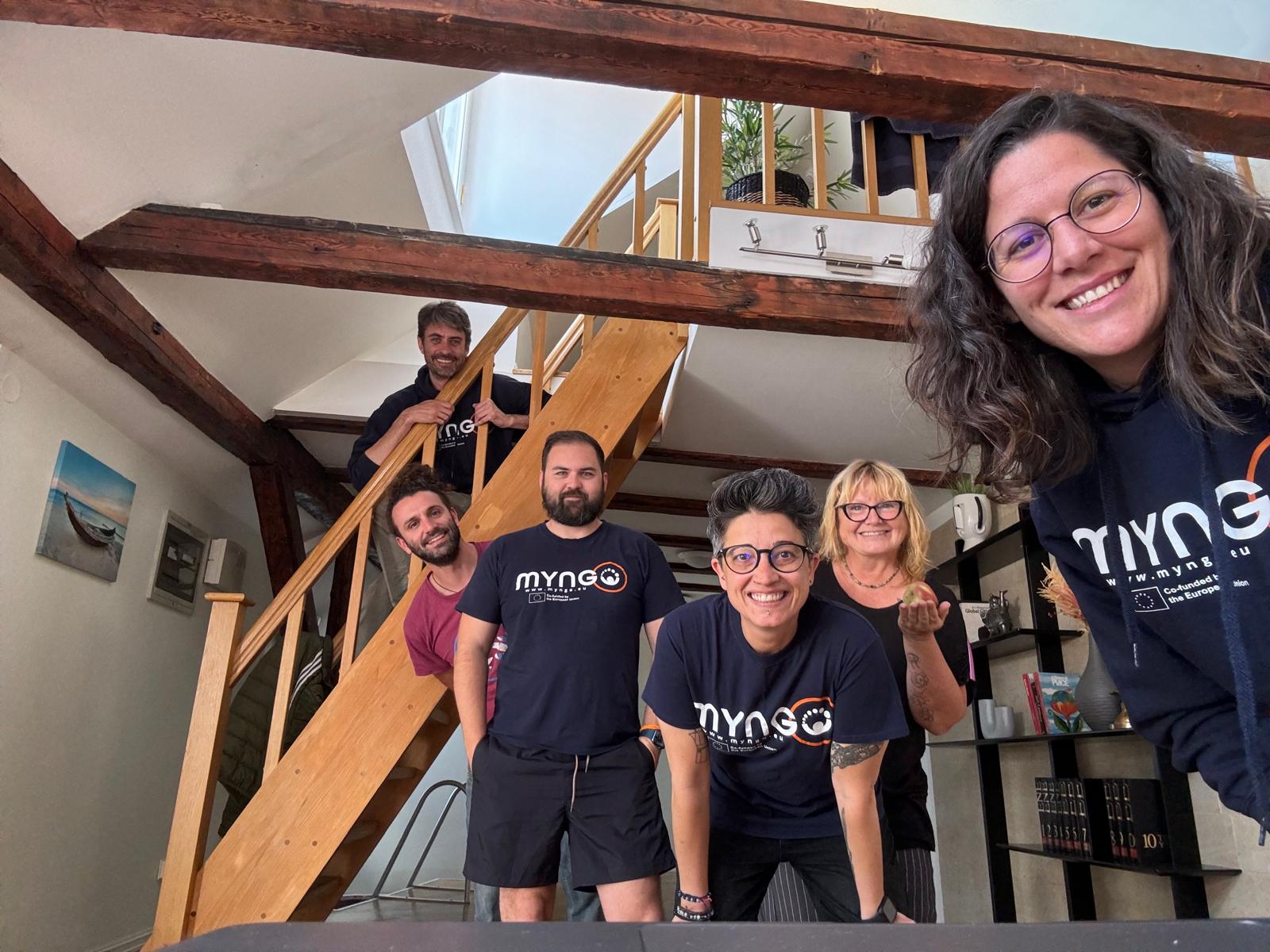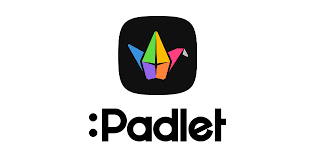In today’s digital age, online tools have become indispensable in empowering young voters and enhancing their participation in elections. These tools can bridge information gaps, simplify the voting process, and engage young people in meaningful ways, ensuring they are informed and active participants in democratic processes.
Enhancing Access to Information
Online tools provide young voters with easy access to a wealth of information about candidates, policies, and the voting process. Websites and apps dedicated to voter education offer comprehensive guides on how to register to vote, where to find polling stations, and the details of upcoming elections. Platforms like Facebook, instagram, Rock the Vote, European Youth Forum and Walk the talk are excellent examples of resources that break down complex electoral information into understandable formats, helping young voters make informed decisions.
Combating Misinformation
The prevalence of misinformation, especially on social media, is a significant challenge. Fact-checking websites play a crucial role in debunking false claims and verifying the accuracy of information circulating online. By using these tools, young voters can develop critical thinking skills and become more discerning about the content they encounter, ensuring they are not swayed by misleading information.
Simplifying the Voting Process
Online tools can streamline the voting process, making it more accessible for young voters. Some countries now offer online voter registration, which simplifies the initial step of getting involved. Additionally, platforms providing information on early voting locations and hours can make it easier for young people with busy schedules to cast their votes.
Engaging Through Social Media
Social media platforms are powerful tools for engaging young voters. Candidates and political organisations use these platforms to reach out to young people, sharing their messages in a medium that resonates with them. Interactive features such as live Q&A sessions, polls, and discussion forums on platforms like Instagram, Twitter, and TikTok encourage young voters to engage with political content actively. Hashtags and social media campaigns also raise awareness about key issues and encourage voter participation.
Peer-to-Peer Influence
Online tools facilitate peer-to-peer influence, which can be highly effective in motivating young voters. Networks such as EuroPeers work to campaign and send out information to their peers. This peer influence can significantly boost voter registration and turnout among young people.
Educational Resources and Civic Engagement
Online educational resources and courses about civic engagement and political participation can empower young voters with the knowledge they need to be active participants in democracy. Websites like European Youth Forum offer interactive activities that teach young people about government and the importance of voting. MOOCs (Massive Open Online Courses) from platforms like https://civis.eu/en/learn and edX also provide free courses on political science, public policy, and related topics.
Real-Time Election Updates and Results
Young voters can stay informed about election developments through real-time updates and results provided by various online platforms. News websites, apps, and social media feeds offer live coverage of election results, ensuring that young people are up-to-date with the latest information. This real-time access helps maintain their interest and engagement throughout the electoral process.
Online tools are transforming the way young people engage with the electoral process. By providing easy access to information, combating misinformation, simplifying the voting process, and engaging through social media, these tools empower young voters to become informed and active participants in democracy. The use of peer-to-peer influence and educational resources further enhances their ability to make a meaningful impact. As technology continues to evolve, the potential for online tools to increase youth voter participation and strengthen democratic processes will only grow. Investing in and promoting these tools is essential for ensuring a vibrant and inclusive political future.






